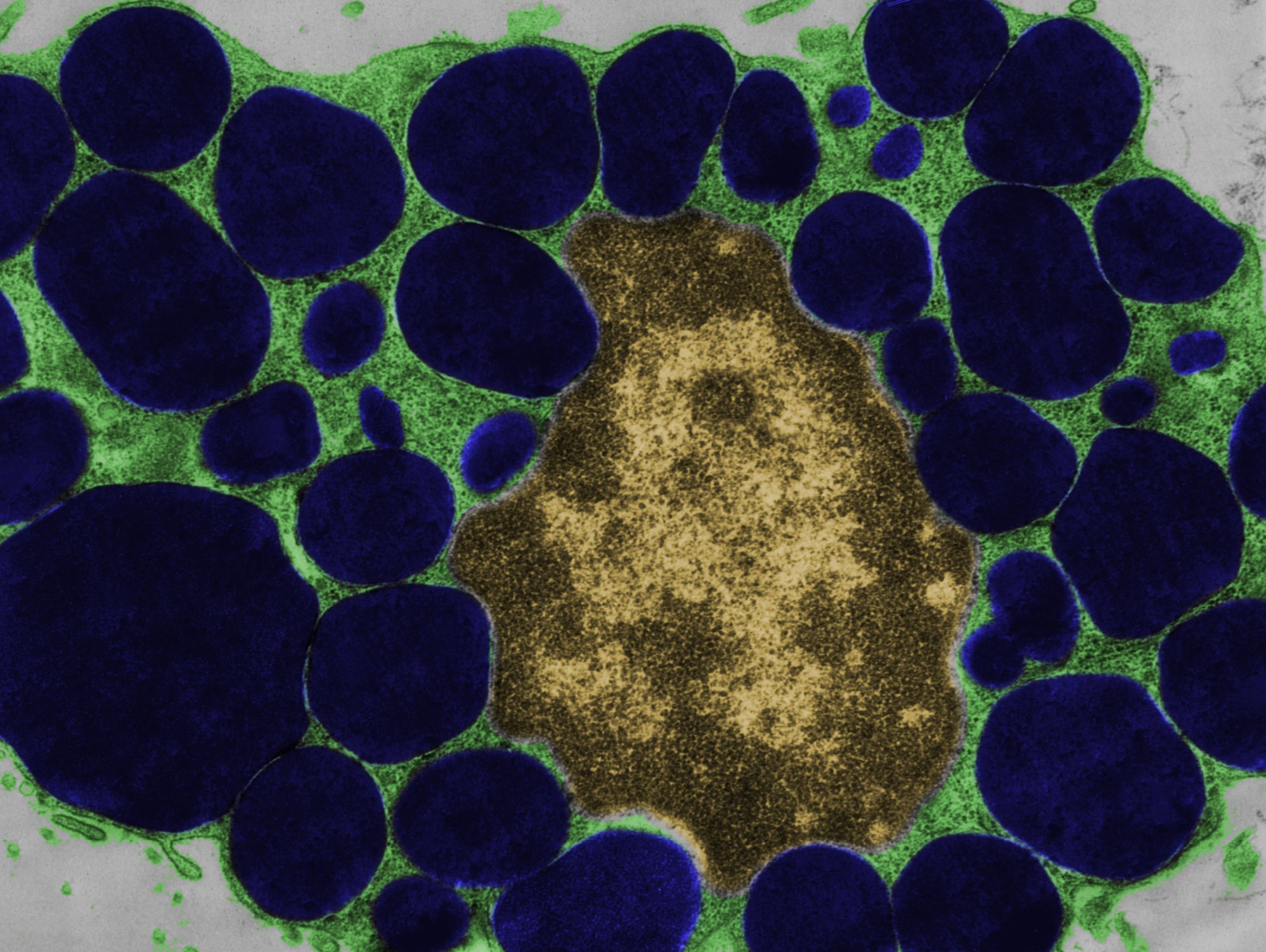TNF inhibition has many benefits in rheumatoid arthritis, but it may also be associated with an increased risk of tumor recurrence. A study of former breast cancer patients seeks to discuss whether this is the case.
(ag) It is undisputed that TNF blockers have led to a major advance in the treatment of rheumatoid arthritis. Inflammatory activity and general symptoms can be controlled very well – in a relatively short time, with a relatively good side effect profile, and also in patients who did not respond to classic basic drugs. Of course, shortcomings such as high cost, risk of infection, and inadequate response can also be found. However, the bottom line is that many patients benefit from this class of substances. It has not been clarified with final certainty whether the negative effects of anti-TNF therapy also include an increased risk of cancer recurrence.
Early breast carcinoma – is recurrence imminent?
A new study, published in the Annals of the Rheumatic Diseases, examined the association between recurrence and anti-TNF therapy, in patients with rheumatoid arthritis and a history of breast carcinoma. Registers served as the data basis. Several prognostic factors related to breast cancer, rheumatoid arthritis, and comorbidities were included in the analysis.
The study population consisted of 120 patients on anti-TNF therapy and 120 matched biologic-naive women. The medical history (occurrence/scattering of breast carcinoma) was comparable in both groups; in addition, all women studied were in remission. The primary endpoint chosen was first breast carcinoma recurrence.
No increase in risk found
The median time between TNF inhibition and breast cancer diagnosis was 9.4 years. The time of follow-up since the start of TNF inhibition was 4.9 years (and 4.6 years in the other group).
- In the TNF inhibition arm, nine patients developed recurrence (incidence rate 15/1000 person-years)
- In the arm without such therapy, nine women also developed recurrence (incidence rate 16/1000 person-years)
- The associated adjusted hazard ratio was 1.1 (95% CI 0.4-2.8).
The authors conclude that rheumatoid arthritis sufferers and those with a history of breast cancer are not at increased risk of recurrence from TNF inhibition. Of course, the small study population clearly limits the significance. Moreover, whether the results can be extended to women with a very poor prognosis or to those who have recently suffered from breast cancer is completely open, he said.
Source: Raaschou P, et al: Ann Rheum Dis 2014; [Epub ahead of print].











